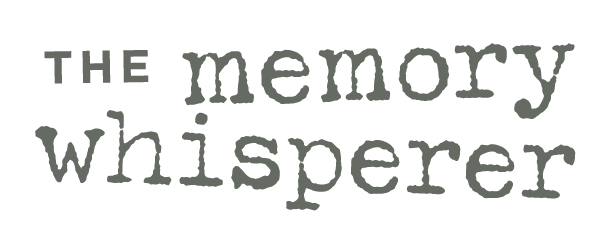Games system offers 'purposeful play' for those with dementia: Alzheimer's Q&AFacebookTwitterEmail
What is the Tovertafel system?
The Tovertafel, (or “magic table” in Dutch), is an innovative care tool consisting of a high-quality projector, infrared sensors, a speaker, and a processor with which interactive games are projected on a table, to stimulate physical and cognitive activity and social interaction. The synergistic light projections stimulate different areas of the brain and stimulates individuals with cognitive impairments and encourages them to be more active to improve their quality of life. Used in a variety of long-term care communities, the Tovertafel system was developed and successfully tested in Europe, and recently the Eugeria company in Canada acquired exclusive rights for North American distribution of the Tovertafel product.
Touted as one of the most promising technological innovations for 2022, the Tovertafel system promotes “purposeful play” for individuals living with dementia in long term care settings. It is scientifically proven to increase staff satisfaction at work, to reduce restless and tense behaviors, to increase physical activity and social interaction, and to further improve relationships between staff and residents.
The various games of the Tovertafel system promote social interaction and enjoyment and improve the well-being of those living with dementia in care communities. The games also conquer apathy, reduce restlessness and tense behaviors, and increase positive emotions and outlooks. Additionally, the games offer opportunities for physical activity and overall, provide the players with cognitive physical, social and sensory stimulation.
The system prompts intuitive, animated movements as the projections (of the games) on a table respond to even the smallest of hand movements of the “players.” This activity increases their self-confidence and motivates them to continue playing and moving. There are game levels between 1 and 5 which describe the level of anticipated cognitive activity. Level 1 games are intended for observation only. Participants in the Level 2 games not only observe, but also the games keep their attention. In the various Level 3 games offered, participants work toward a particular goal and learn to memorize things, which means they must stay focused. Level 4 games are meant to assist in thought processes, and finally, Level 5 games focus on the part of the brain that controls executive functions, incorporating planning and making decisions in the thought processes of the games. These Level 5 games however, the company notes, would be most challenging for individuals in the late middle to the severe stage of their dementia progression.
Overall, the Tovertafel system promotes physical activity, improves relationships, and is designed to create meaningful connections and enrich quality of life. Plus, it brings a great amount of joy for those who enter its “purposeful play.” The company states about Tovertafel, “Simple to install and use, profound in effect.”
For more information, visit https://www.tover.care/us/.
